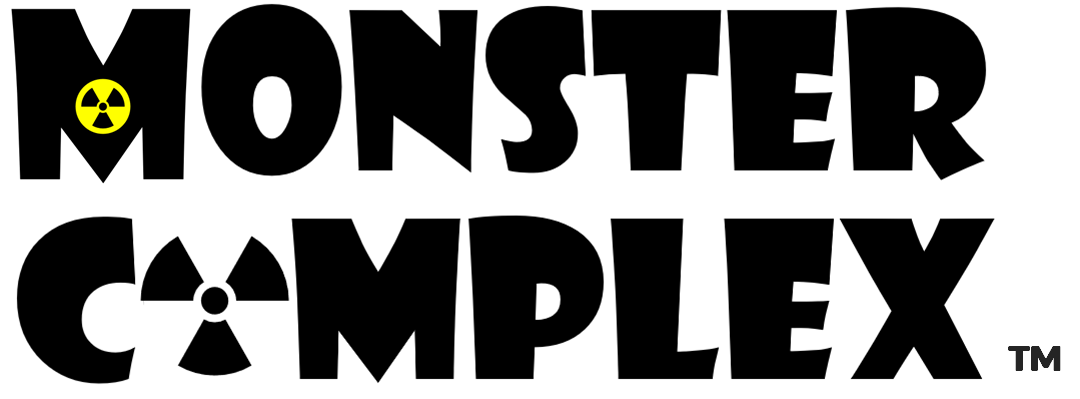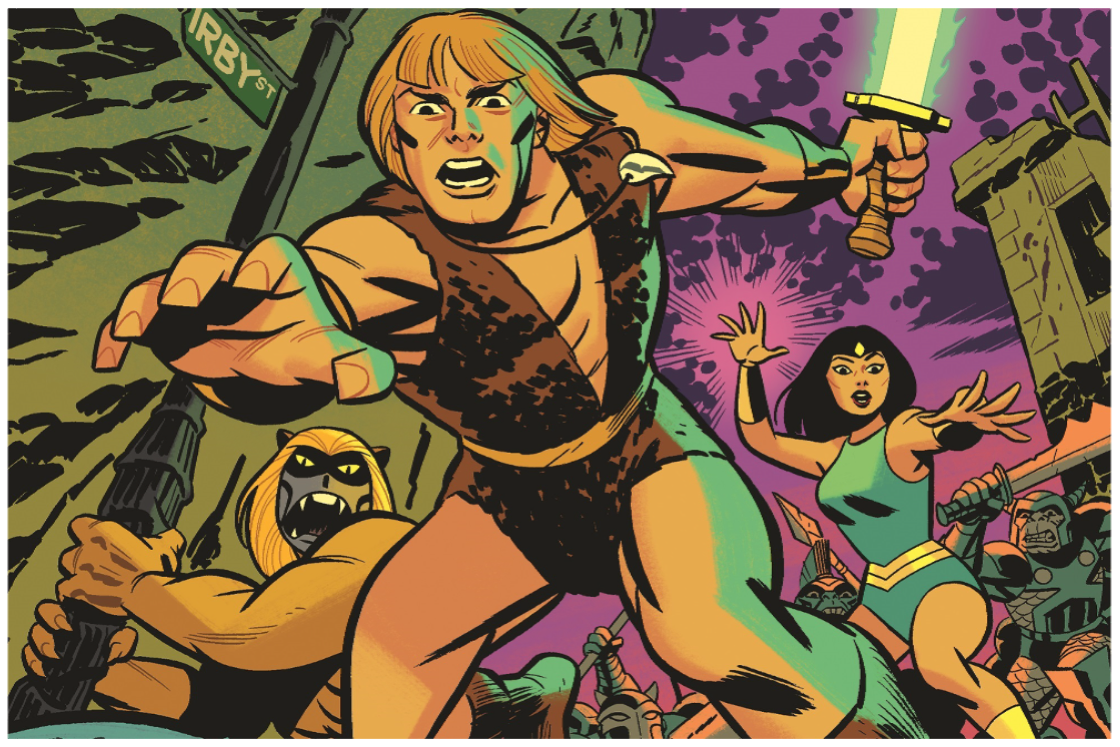Jude S. Walko reimagines the legend of the headless horseman: “I have always had a penchant for good horror.”
As an Amazon associate I earn from qualifying purchases. (At no additional charge to you.)
The author and filmmaker reads aloud from his story for you.
Walko talks about his contemporary reimagining based on the classic The Legend of Sleepy Hollow by Washington Irving
The classic short story “The Legend of Sleepy Hollow” has regularly made its rounds in pop culture—especially around Halloween. Published in 1820 by author Washington Irving, the story revolves around a character referred to as the Headless Horseman—believed to be a Hessian soldier who was decapitated during a battle. Over the years, the story has been adapted and revisited many times, including projects from Disney, Tim Burton, and more.
Filmmaker Jude S. Walko—a film producer, director, screenwriter, and actor—is a lifelong fan of Washington Irving. Walko’s novel The Unhallowed Horseman is a contemporary reimagining of Irving’s classic “The Legend of Sleepy Hollow.” In the video below, the author sends out a special message to Monster Complex readers—and reads aloud an excerpt from his novel.
Further down the page, you can also read our interview with the author. Walko explains to Monster Complex what drove him to revisit the classic story, how his background as a filmmaker impacted his fiction writing, and reveals the personal spin he brought to the story…
Jude S. Walko reading from his novel The Unhallowed Horseman | Monster Complex
About the book The Unhallowed Horseman
In a town enamored with its Unhallowed Horseman legend, a distraught teenage boy must come to terms with his personal demons, and perhaps the Horseman himself.
Set on All Hallows’ Eve, psychological thriller The Unhallowed Horseman takes place against the backdrop of a seemingly peaceful, picturesque American small town with an iconic past. The story follows Vincent, a distraught and troubled high schooler, and his descent into the demons that plague his mind.
Some things about the town and its inhabitants aren’t quite as they seem. Generations of families have been living there with a deep and dark secret, one on the verge of reincarnating itself once again.
With the help of his newfound love for classmate Lorraine, Vincent navigates the treacherous obstacles in his life. Whether it be the overbearing no-holds-barred sheriff, his tempestuous mother, or the holier-than-thou townsfolk, Vincent seems to be under constant bombardment from prying eyes. What’s more, Lorraine’s overprotective father, Deputy Constance, suspects Vincent of having committed some heinous crimes.
Only after uncovering the town’s history does Vincent begin to unravel its complex mystery and that of the people living there, including his own ancestors. Can he solve the mystery in time to save the people he truly loves, or will he, like others before him, fall prey to an age-old curse passed down through the centuries. The town prepares for the return of a killer legend, while one young man prepares to take on his innermost demons.
Find Unhallowed Horseman on Amazon
Monster Complex uses Amazon affiliate links.
Content Warning: Adult and derogatory language, gore, substance abuse (drugs and alcohol), uncomfortable sexual situations (one is non- consensual assault), death, child abuse, mention of pedophilic tendencies, mention of suicide.
Q&A with Jude S. Walko about The Unhallowed Horseman
Q: What made you decide to revisit specifically the classic tale of the headless horseman?
I have long been enamored with the Headless Horseman character. From back in the Adventures of Ichabod and Mr. Toad days from Disney, all the way up and through Tim Burton’s Sleepy Hollow the Horseman is the perfect anti-hero that has gripped the imagination of children and adults alike.
My iteration leans a bit to the diabolical side, as I have always had a penchant for good horror, and who better than a hellbent Hessian to exact revenge on All Hallows’ Eve, against a small town, for the sins of their forefathers?
Q: Did you have to do any research or go back to the original text?
Yes absolutely. I am a Washington Irving fan above all. I have read that particular story scores of times, as well as mostly all of Irving’s other works. I’m a big fan of classic literature and especially American classic stories. Irving, too, compiled his story of many things he knew.
For example, Ichabod Crane was named after a famous NY Colonel, whereas the character itself was modeled after school teacher Jesse Merwin. My novel also is filled with loads of facts about the Dutch settlers, the Native Americans, and all things Hudson River Valley. Master storyteller Jonathan Kruk, who wrote the foreword to my novel, is also a noted historian and performer, whose writings also kept me heavily informed.
I was also lucky enough to visit Tarrytown twice, and own a grave plot there, which was posthumously renamed “Sleepy Hollow” in honor of Irving’s classic otherworldly monster tale.
Q: What personal “spin” did you bring to the story?
Well, my version is very contemporary, in that it could take place even today. It also deals with some very modern problems.
In addition to the typical teenage angst a high schooler might feel, the main character, Vincent, deals with some very timely issues. For one, he’s coping with a lack of proper mental health care, and is often a victim of misdiagnosis or pharmaceutical-laced brush offs.
On top of that, like the West Memphis three, he is, more times than not, judged by his appearance or hobbies as opposed to his character or actual merit. Throw in all that on a particularly chaotic Halloween, put him in the wrong place at the wrong time around some heinous crimes, and add a love interest with an overprotective father who’s also a cop, and he’s got his hands full!
Q: In what ways did your background in screenwriting inform your novel prose?
The good thing about screenwriting is that it properly teaches you things like act structure, character development, subplots and story arcs. Something that discerning horror audiences have come to expect these days, even in their slasher films.
I one hundred percent believe that my nearly three decades both in front of, and behind, the camera have informed the choices I made in the novel. Acting alone has allowed me to create deep and interesting backstories for every character, and directing with a cinematic background has leant a very visceral feel to my writing style.
People always respond that they can clearly see my world-building. The cool part about a novel is that it gives you plenty of extra space to flesh things out that are often hard to do in a 90 minute film.
Q: What do you most want readers to know about you or The Unhallowed Horseman?
It’s a labor of love. I’m a fan, an avid reader, and an audience member, just like you. As such I try my hardest not to disappoint. The hardest part of a writer’s job, whether it be a screenplay or novel, is to keep the audience intrigued.
If there ever is a moment when they are checking their watch, then we as authors aren’t doing our job properly. And just like you I’m a fan of the genre and want to keep the art of storytelling alive.
Hopefully in some small way I can pass that torch on, in this particular instance in the form of The Unhallowed Horseman of Sleepy Hollow!
Find Jude S. Walker online
More from Monster Complex
‘Classic Monsters Unleashed’ by Jonathan Maberry, Seanan McGuire, Owl Goingback, and more
Monsters Vs. ‘Murder, She Wrote’: Vampire, Witches, Ghosts, and the Headless Horseman
Stephen King on the return of HOLLY in his latest novel: “I could never let Holly Gibney go.”
Mummy Fiction Books by Anne Rice, Bram Stoker, R.L. Stine, more
Clive Barker vs. Godzilla: Can he make Godzilla scary again?
13 Updates: Victor LaValle—author of Lone Women, The Changeling, and Destroyer
Q&A: Alma Katsu on THE FERVOR: “Horror is very truthful. Terrible things happen in real life.”
Complete RING series by Koji Suzuki: “I really dislike most horror writing.”
60+ Special Vampire Book Series—from Anne Rice, L.A. Banks, Charlaine Harris, more
Complete Blue Rose Trilogy by Peter Straub: “I knew how fear tasted and how it worked.”
Best Zombie Books: 50 Great Zombie Novels from Colson Whitehead, Seanan McGuire, Isaac Marion, more


















Translator Jeffrey Angles talks making the original 1960s Mothra fiction available in English! “Tōhō’s monster movies are great fun, but they are also fantastically revealing windows….”